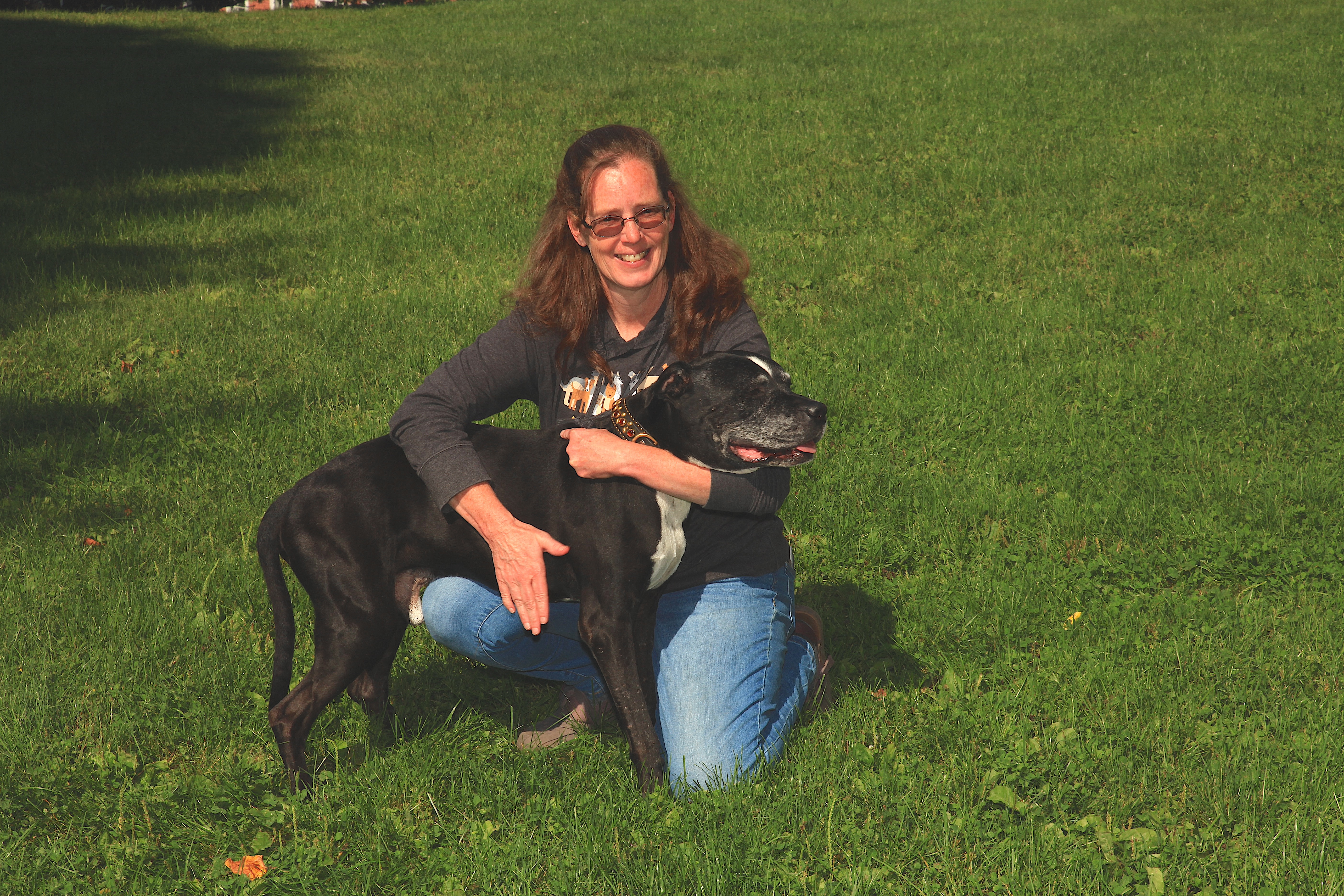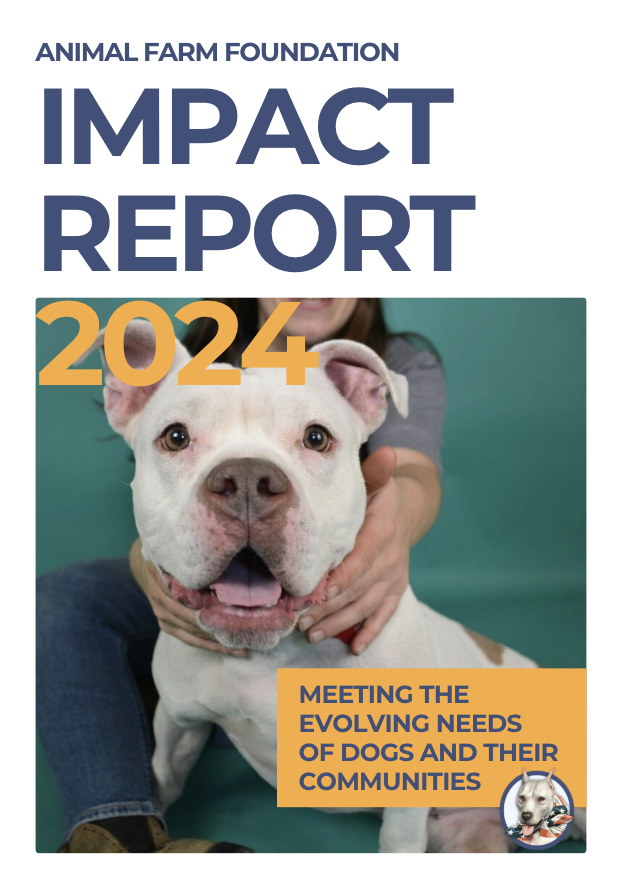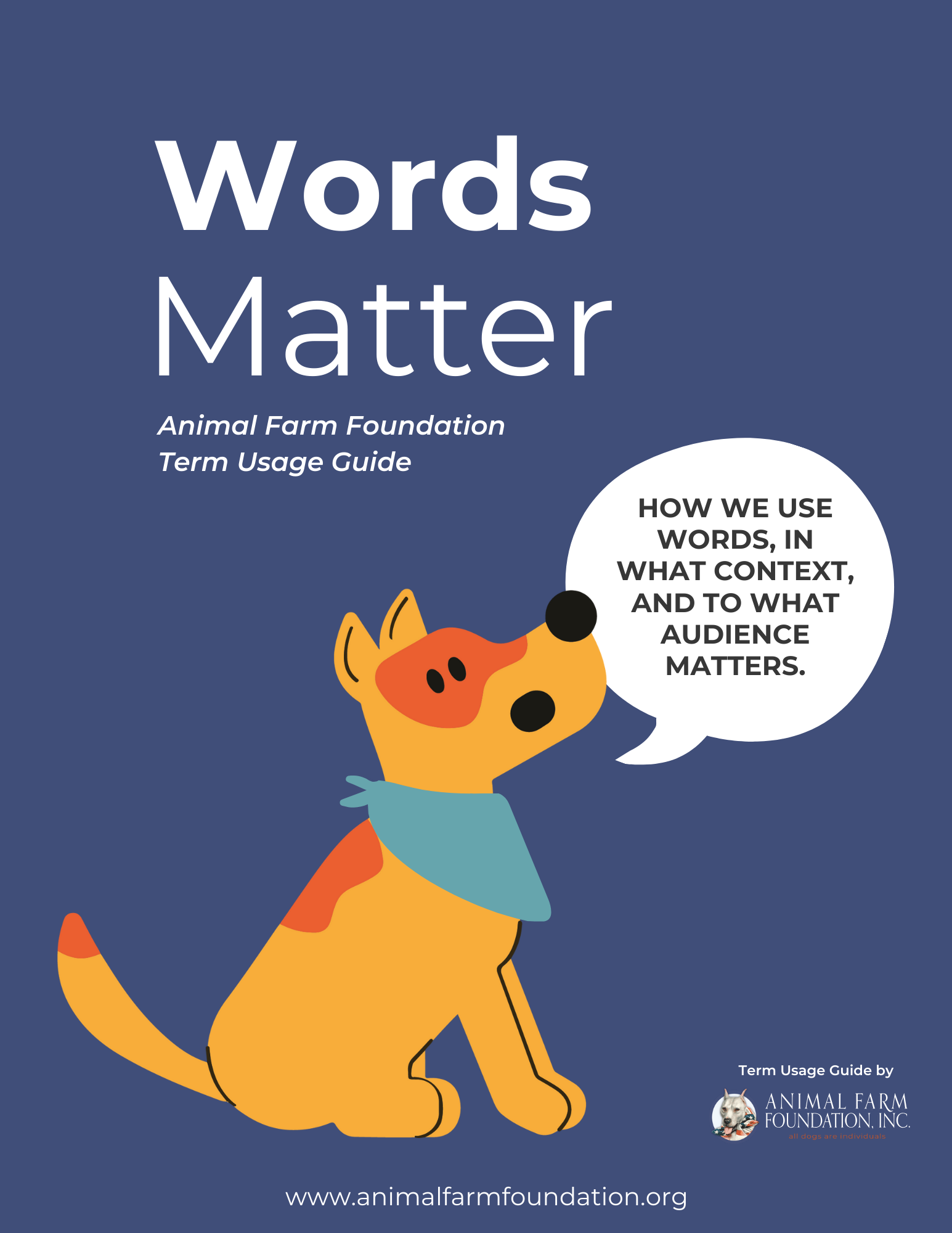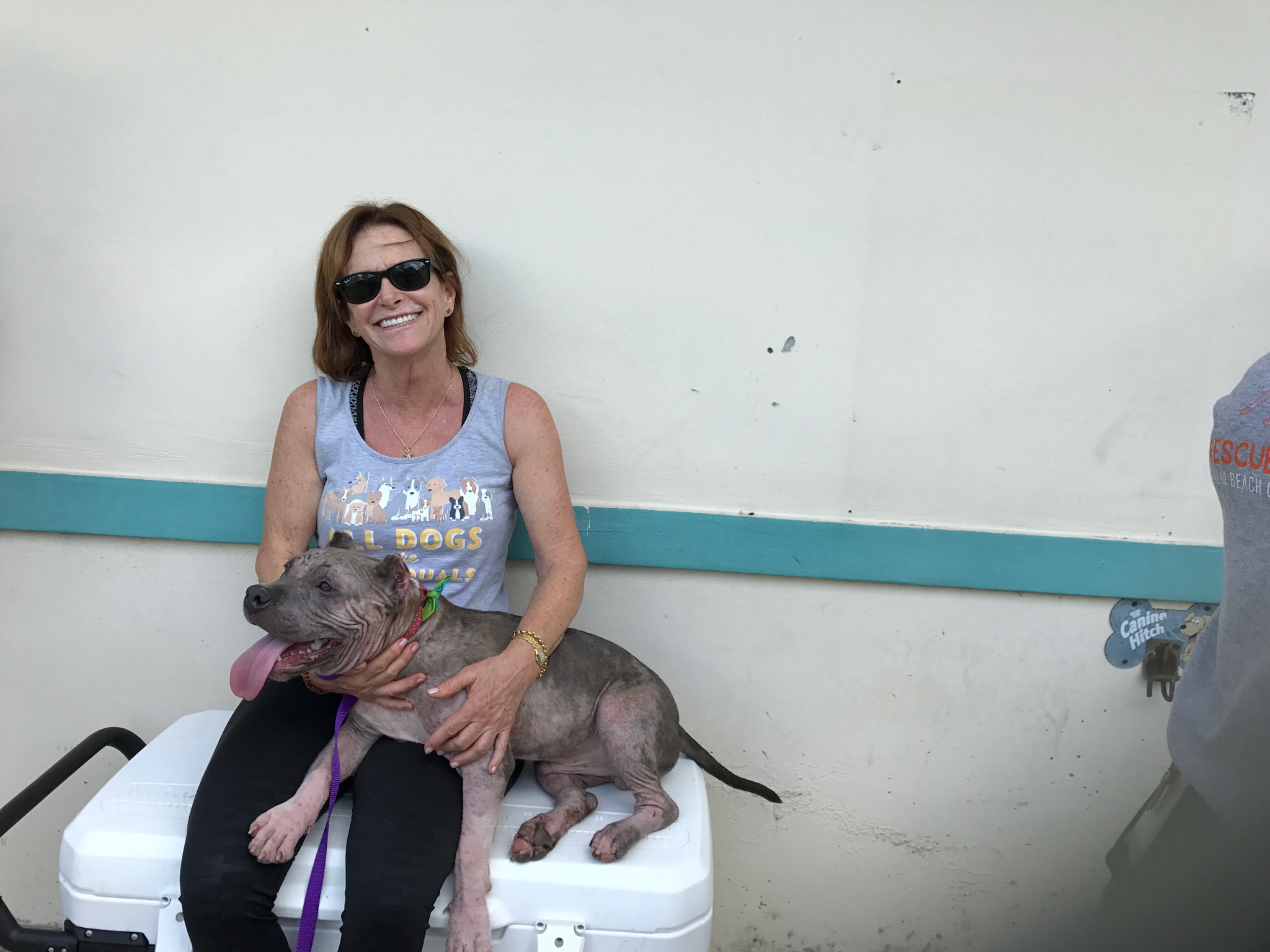There was a lot of celebration last week about a law ending breed bans in Washington state. Don’t get us wrong, there is something to celebrate about this news, but the law still allows for discrimination against dog owners.
While the legislation puts an end to bans for all breeds/breed mixes of dogs, it doesn’t ban breed-specific legislation on the whole. It gives cities and towns the right to require some dog owners to obtain a Canine Good Citizen certificate for their dog. It is up to the individual locale’s discretion as to what breeds, breed mixes, or subjective labels are affected by such a regulation (should one be put into place).
1. A city or county may not prohibit the possession of a dog based upon its breed, impose requirements specific to possession of a dog based upon its breed, or declare a dog dangerous or potentially dangerous based on its breed unless all of the following conditions are met:
a. The city or county has established and maintains a reasonable process for exempting any dog from breed-based regulations or a breed ban if the dog passes the American Kennel Club Canine Good Citizen test or a reasonably equivalent canine behavioral test as determined by the city or county.
The CGC is neither a behavioral nor temperament test. It’s an obedience test – and it tests skills that are not indicative of whether or not a dog is a “good boy.”
The test favors outgoing dogs and essentially labels dogs who are shy or fearful (neither of which make a dog “bad”) as “bad citizens.” Any trainer worth their salt and any behaviorist will tell you that dogs are allowed to have their own individual personalities and their own independent feelings about experiences. If a dog is shy, that’s okay. There are millions of shy dogs in the world. But if you live in WA and you have a shy dog who is arbitrarily subjected to BSL, your city can tell you that there’s something wrong with your dog. Any other shy dog would likely be greeted with an “awww, it’s okay little buddy!” You know, the way that most rational people respond to a shy dog.
The CGC tests skills that many dogs do not possess, like recall. Should all dogs come when called? Of course! It’s a valuable skill for any dog and their owner to develop. But the reality is that millions of dogs won’t come when they’re called. That’s why the “SQUIRREL!!” joke is so ubiquitous.
And yet, WA legislators give local officials the freedom to designate some dogs as potentially dangerous and then when those dogs act like… well… dogs, they’re labeled as bad citizens.
While we’re sure the AKC doesn’t consider dogs who don’t pass the CGC bad citizens, that’s how the test is being used to evaluate some dogs in WA. Because the CGC is also about responsible dog ownership, the legislation is effectively saying that if your dog is too shy, too distracted, etc… that you aren’t a responsible dog owner.
This last point is at the core of so much of our work. Whether it’s breed-specific legislation or housing bans, many dog owners are presumed to be irresponsible human beings because someone has an opinion about their dog’s physical appearance.
If a dog does pass the CGC, they still aren’t considered a “good citizen,” not really. The law states:
“Dogs that pass the American Kennel Club canine good citizen test or a reasonably equivalent canine behavioral test are exempt from breed-based regulations for a period of at least two years.”
That means that cities can require owners of targeted dogs to go through the testing process every two years.
Even if cities legislated that every dog owner must put their dog through a CGC test, it would still be faulty legislation. As we established, it’s a training test that is in no way a measure of a dog’s ability to be a pet. It is not a behavioral evaluation tool. And even if behavioral evaluations were required, they aren’t reliable or scientific.
What’s more is that the AKC knows this. They should have made WA officials aware that they are misinterpreting the purpose of the test. We don’t know why they failed to do so, but it’s worth mentioning here that the AKC receives $20 every time someone takes the CGC. Twenty bucks adds up fast.
Don’t get us wrong, every dog and their person benefits from spending time together for training. Done well, training builds trust between dog and owner and both will be happier for it. But BSL isn’t about creating happy dogs and happy people.
This tells us something we already know about breed-specific legislation: It is put forth by people who have little to no understanding of canine behavior science. Not only do the people who advocate for it lack familiarity with and understanding of the scientific literature that discusses why looks and/or breed do not equal behavior and personality, they’ve also, at least in the case of WA, failed to research what the Canine Good Citizen test actually is. Beyond that, they’ve failed to do their due diligence about evaluations in general.
Not only is the test being misused but the law only requires it of a subjectively identified subset of owners who own a subjectively identified subset of dogs. This is arguably even more discriminatory than a general behavior evaluation, given that it carries the clear message that if you own targeted dogs, then you have an obligation to go the extra mile to make sure the dog is safe – which an obedience test is never going to accomplish.






